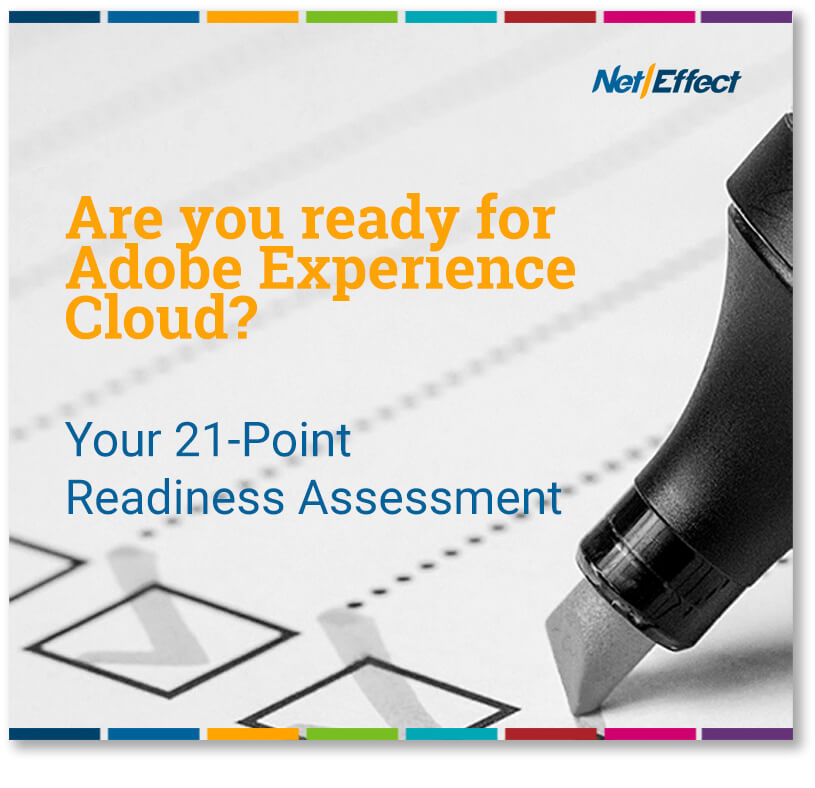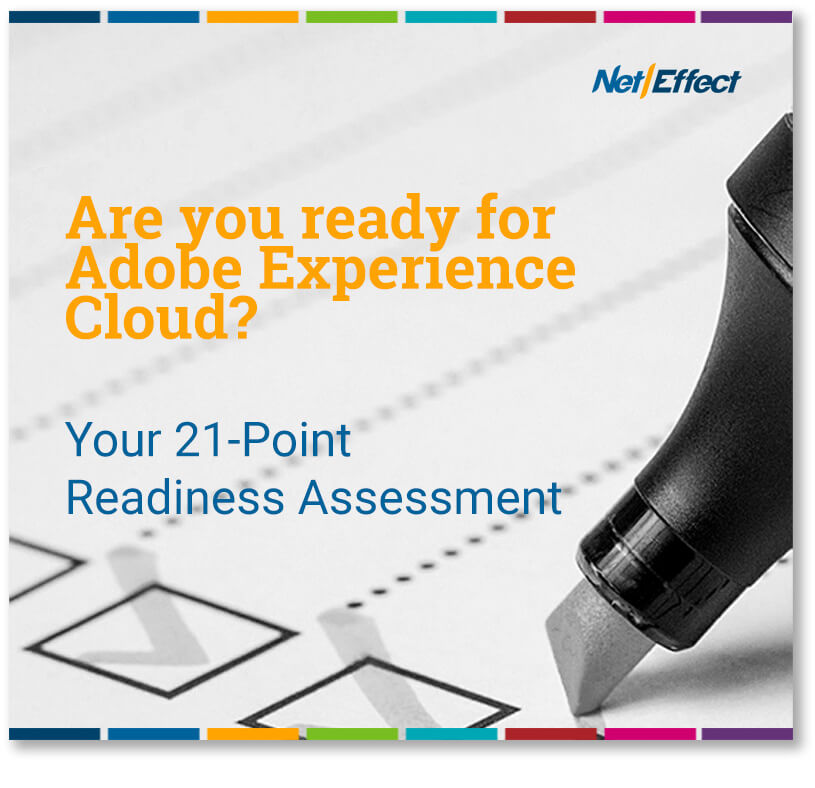As digital technologies continue to transform entire industries, many organizations are going through large-scale change projects to keep with competitors and digital trends. In a previous post, we asked experts how to get started with digital transformation. But it begs the question: how do you know if your organization is ready for digital transformation in the first place?
Instead of simply giving you our own opinion, we reached out to leading digital transformation experts to give you a compilation of the best thoughts across the field. Specifically, we asked these influencers:
What is the most important success factor in any digital transformation?
Be warned, some of their forward-thinking answers may surprise you!

Dion Hinchcliffe, VP and Principal Analyst, Constellation Research
“For a digital transformation to succeed, it must successfully combine and sustain tech change with human change. It’s not enough to seek to remake one’s digital capabilities if you don’t have the people with the talent, mindset, skills, and ability to execute. A digital culture and true freedom to innovate are just as vital as adopting new technology.”
Dion on LinkedIn | @dhinchcliffe on Twitter

Ronald van Loon, Director, Advertisement
“Digital transformation requires agile, customer-centric teams that can easily adapt to the ever changing state of client demands, as well as a solid, end-to-end enterprise data management platform that can help businesses prepare for intelligent capabilities. Combined, they form the backbone for establishing a digital businesses, that can adapt to the ever fluctuating state of technology in a modern world.”
Ronald on LinkedIn | @Ronald_vanLoon on Twitter

Tamara McCleary, CEO, Thulium
“The most important success factor in any digital transformation is people. It’s the culture of an organization that either speeds along or completely stalls digital transformation. Focusing on the culture, the human beings tasked with transformation is the most important success factor.”
Tamara on LinkedIn | @TamaraMcCleary on Twitter

Mike Quindazzi, Managing Director, PwC
“Digital transformation isn’t just about new technologies – it’s about what the technologies can enable humans to accomplish. It involves new business models that solve complex problems, create distinctive customer experiences and accelerate the workforce’s ability to create a competitive advantage.”
Mike on LinkedIn | @MikeQuindazzi on Twitter

Theo Lau, Speaker, Writer, Startup Advisor Founder, Unconventional Ventures
“Having a clearly defined vision of where the company should and needs to be is, in my opinion, the most critical success factor in any digital transformation project. This will help drive the ‘how’ towards the end state, and obtain buy-in for the ‘why’.’”
Theo on LinkedIn | @psb_dc on Twitter

Jim Marous, Co-Publisher, The Financial Brand
“Digital transformation is not about converting paper to PDFs. It is about rethinking underlying processes to take advantage of the benefits of data, advanced analytics and digital technology for a better end result. By starting from the inside-out, costs can be reduced, revenues can be increased, security can be enhanced, errors can be reduced and customer experiences can be improved.”
Jim on LinkedIn | @JimMarous on Twitter

Alvin Foo, Managing Director, Reprise Digital
“Successful digital transformation for any organization starts from the top! The leadership team must be clear with what they want to achieve before the mission can be driven down. The transformation process should be aligned with the customer needs, wants and priorities with digital at the core.”
Alvin on LinkedIn | @alvinfoo on Twitter

Danielle Guzman, Global Head of Social Media & Distributed Content, Mercer
“Culture is the most important factor in digital transformation. It is much more important than technology. Having a strong set of shared values and beliefs that drive a change in behaviors will enable an organization to get through the most challenging hurdles along the way. Ultimately, success comes through a both a top-down and a bottom-up approach.”
Danielle on LinkedIn | @guzmand on Twitter

Chris Becker, CEO at NetEffect
“To maximize your success in digital transformation, you must ensure you have a clear and measurable understanding of your objectives at the top, including the commitment to see the efforts through in the face of obstacles, delays and adversity. This isn’t easy and it takes time. Assess the organization and people side of the transformation – how talent needs, gaps, roles, and skills will change – and most importantly, do not procrastinate on starting this part of the journey.”
Chris on LinkedIn | @beckercs on Twitter

Andreas Staub, Managing Partner at FehrAdvice & Partners AG
“In a word, culture. Digital transformation is successful or fails with human behavior. I love the quote by Clay Shirky: ‘Revolution doesn’t happen when society adopts new technologies—it happens when society adopts new behaviors.’ Therefore, I’m convinced that culture is the most essential success factor and we have a lot of empirical evidence from projects with banks and insurance companies in Switzerland.”
Andreas on LinkedIn | @andi_staub on Twitter

Michael Krigsman, Industry Analyst
“Digital transformation is about people, not technology. Establishing the right culture, mindset, goals, and metrics is, therefore, a key success factor for any program of digital transformation. Of course, factors related to people are the hardest to change and demand real attention from senior leaders.”
Michael on LinkedIn | @mkrigsman on Twitter | Website

Tiffani Bova, Growth & Innovation Evangelist
“Digital is about technology. Transformation is about people and motivating teams to change their mindset.”
Tiffani on LinkedIn | @Tiffani_Bova on Twitter
In today’s world, the need to transform your business and embrace digital technology is recognized across almost every industry. However, a real challenge for many organizations is ensuring that the investment of time and energy, which is often heavy, is well spent.
While no organization can ever be completely ready for a digital transformation, there is a lot you should be doing before the project starts to ensure its success. To help, we created a short, 3-5 minute self-evaluation to help you assess your readiness for success with your project.
Download this self-assessment if you want to:
- Identify pain points and vulnerabilities that will help you succeed in your digital transformation journey.
- Evaluate how well the platform competitors deal with these challenge areas.
- Avoid surprises that can undermine your success.































